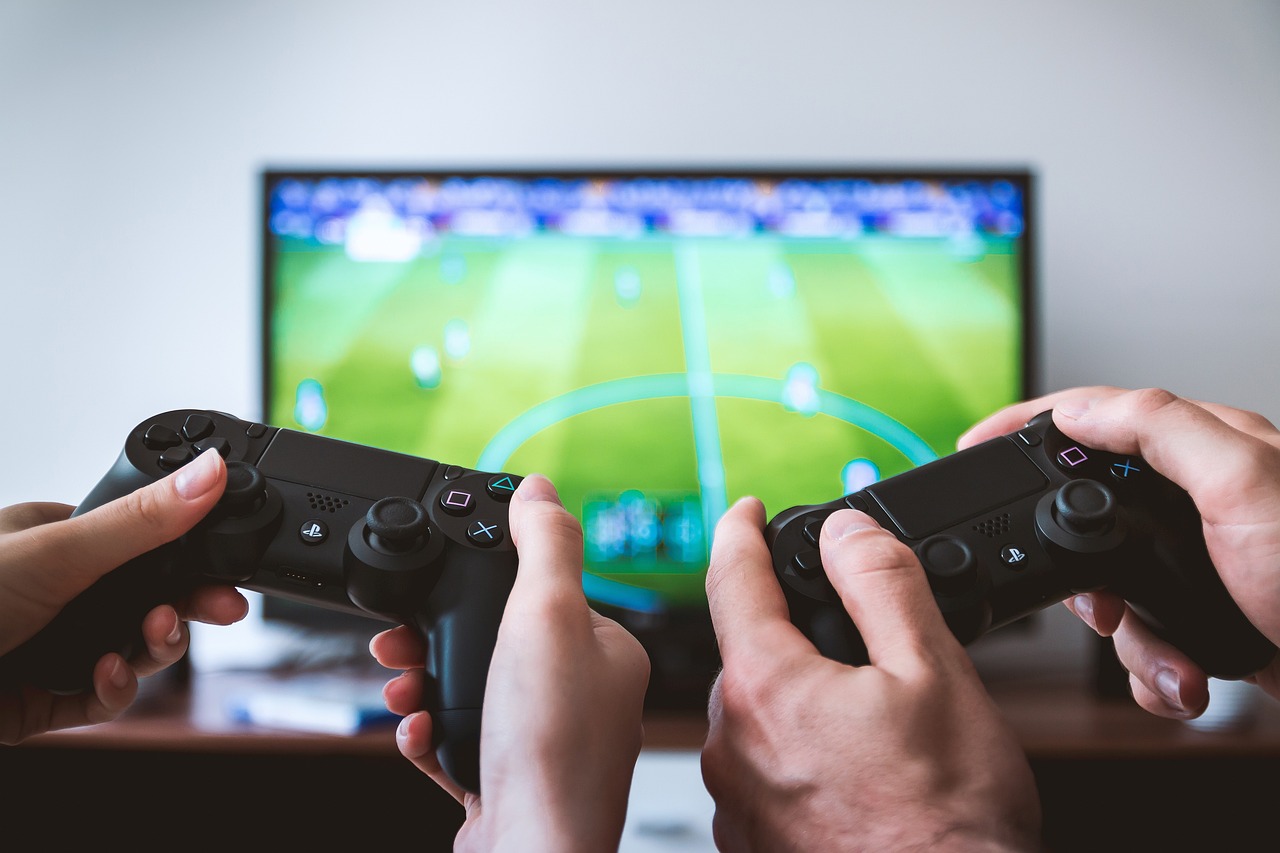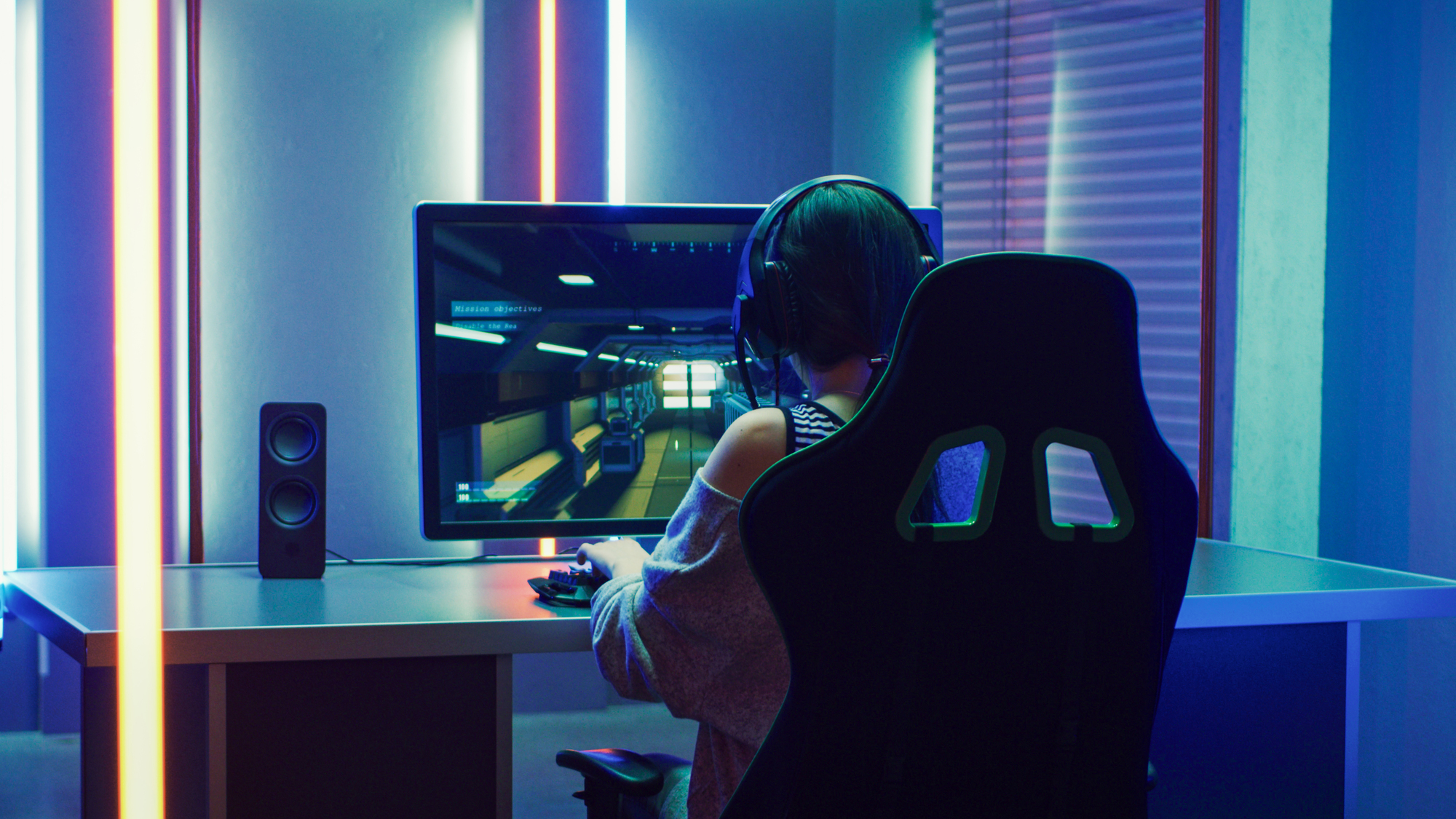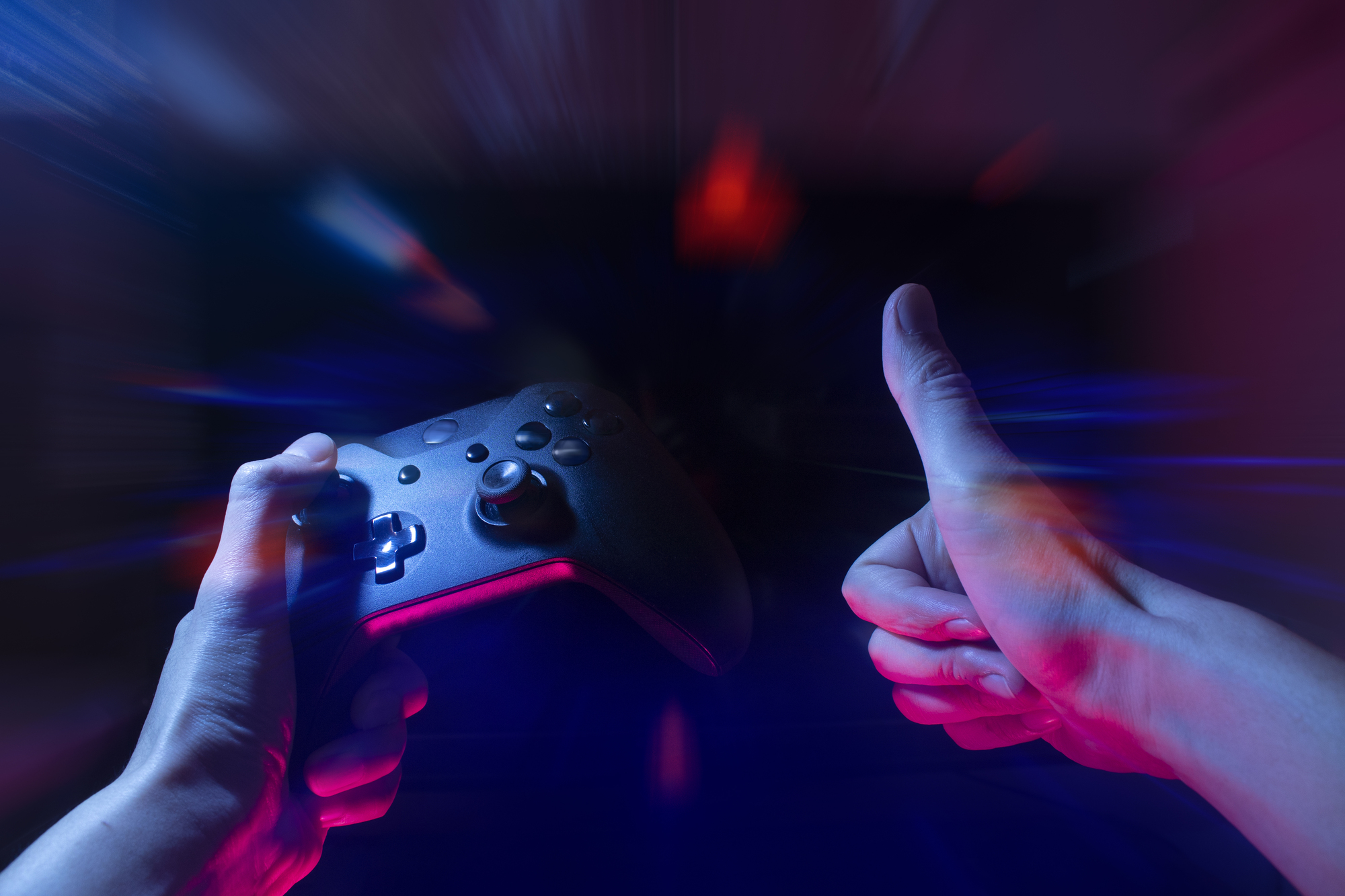Video games have become a ubiquitous form of entertainment, but their impact on physical health is a topic of growing concern. While gaming can provide enjoyment and cognitive benefits, excessive play may lead to several health issues. Research suggests that prolonged gaming sessions can contribute to problems such as repetitive stress injuries, vision strain, and sleep disturbances.
The physical effects of gaming extend beyond immediate discomfort. Studies have found associations between increased gaming time and higher body mass index, as well as poorer general health status. These findings highlight the importance of balancing gaming with other activities that promote physical well-being.
Despite potential risks, some researchers are exploring ways to harness video games for health benefits. Certain games have shown promise in improving physical function for people with limitations, and some medical professionals are using gaming technology to enhance their training. As the gaming industry evolves, it may offer new opportunities to support physical health alongside entertainment.
Understanding the Connection Between Gaming and Physical Health
Video games have become increasingly prevalent in society, raising questions about their impact on physical health. Researchers have examined various health indicators in relation to gaming habits, including body mass index, physical activity levels, and sedentary behavior.
Evolution of Gaming and Its Prevalence in Society
The video game industry has grown exponentially since its inception. In 2024, gaming is a major entertainment form in North American households. Revenues from video games have surpassed those of traditional media like movies and music.
Gaming platforms have diversified, including consoles, computers, and mobile devices. This accessibility has led to increased gaming time across age groups. Children and adolescents are particularly avid gamers, with many spending several hours daily on video games.
The widespread adoption of gaming has sparked debates about its effects on physical well-being. Health professionals express concern about potential negative impacts on activity levels and body composition.
Defining Physical Health: Parameters and Indicators
Physical health encompasses various measurable factors. Key indicators include body mass index (BMI), blood pressure, and physical activity levels. These parameters help assess overall health status and risk for certain conditions.
BMI is a common measure used to categorize individuals as underweight, normal weight, overweight, or obese. It is calculated using height and weight. High BMI values are associated with increased health risks.
Blood pressure readings indicate cardiovascular health. Elevated blood pressure can signal potential heart problems. Regular physical activity helps maintain healthy blood pressure levels.
Physical activity levels are crucial for maintaining good health. Sedentary behavior, often associated with excessive gaming, can lead to reduced physical fitness and increased health risks. Health guidelines recommend specific amounts of daily physical activity for different age groups.
Psychological and Behavioral Effects of Gaming
Video games can significantly impact mental health and behavior. Research shows both positive and negative effects on players’ cognitive functions, emotional states, and social interactions.
Gaming Addiction and Its Classification
Gaming addiction, also known as Internet Gaming Disorder, is recognized as a mental health condition. The Diagnostic and Statistical Manual of Mental Disorders (DSM-5) lists it as a condition for further study. Signs include preoccupation with games, withdrawal symptoms when not playing, and loss of interest in other activities.
Excessive gaming can lead to neglect of work, school, or relationships. Some players may use games to escape negative emotions or stress. The World Health Organization officially classified gaming disorder as a mental health condition in 2018.
Impact on Mental Health and Interpersonal Relationships
Gaming affects mental health in various ways. Some studies link excessive gaming to increased depression and anxiety. Others show potential benefits like improved mood and stress relief.
Video games can influence social skills and relationships. Online multiplayer games offer opportunities for social interaction and friendship formation. Yet, excessive gaming may lead to social isolation and conflict with family or partners.
Research suggests a link between gaming and attention issues, particularly in youth. Some studies associate gaming with improved cognitive functions like problem-solving and spatial awareness.
The Influence of Game Genres on Behavior and Perception
Different game genres can affect behavior and perception in distinct ways. Action games may enhance visual attention and processing speed. Strategy games might improve problem-solving skills and decision-making abilities.
Violent video games have been a subject of debate. Some studies suggest a link between violent games and aggressive thoughts or behaviors. Other research contests these findings, pointing to minimal real-world effects.
Educational games can boost learning outcomes in various subjects. Puzzle games may enhance cognitive flexibility and spatial reasoning. Role-playing games often promote empathy and perspective-taking skills.
Physical Health Impacts and Gaming
Gaming can significantly affect physical health in various ways. Sedentary behavior associated with excessive gaming may lead to health risks, while active video games can potentially promote physical activity.
Exercise and Energy Expenditure in Gamers vs. Non-Gamers
Gamers tend to have lower physical activity levels compared to non-gamers. Studies show that frequent gaming is linked to reduced exercise and energy expenditure. This can lead to decreased cardiovascular fitness and muscle strength over time.
Regular gamers often spend less time engaging in sports or outdoor activities. The sedentary nature of most video games contributes to lower calorie burn and reduced overall physical fitness.
However, some research suggests that competitive gamers may have faster reaction times and improved hand-eye coordination compared to non-gamers. These skills can be beneficial in certain physical activities.
Effects of Sedentary Gaming on Obesity and Musculoskeletal Pain
Extended periods of sedentary gaming can contribute to weight gain and obesity. Sitting for long hours while playing video games reduces calorie expenditure and may increase snacking behaviors.
Obesity rates are higher among frequent gamers compared to those who game less often. This increased body weight puts extra stress on joints and can lead to musculoskeletal issues.
Prolonged gaming sessions often result in poor posture, which can cause neck, back, and shoulder pain. Repetitive motions from controller use may lead to wrist and hand discomfort or even repetitive strain injuries.
The Role of Active Video Games in Promoting Physical Activity
Active video games, also known as exergames, can help increase physical activity levels. These games require body movements to control gameplay, encouraging players to be more physically active.
Research shows that playing exergames can increase heart rate, energy expenditure, and oxygen consumption compared to sedentary games. Some active games can provide light to moderate intensity exercise, comparable to brisk walking or dancing.
Exergames may be particularly beneficial for individuals who are less likely to engage in traditional forms of exercise. They can serve as a fun, accessible way to incorporate more movement into daily routines.
While active video games can promote physical activity, they should not replace regular exercise and outdoor activities. A balanced approach combining traditional exercise with active gaming may offer the best health benefits.
Strategies for Healthier Gaming Habits
Gamers can adopt practical approaches to maintain physical well-being while enjoying their favorite pastime. These strategies focus on balancing screen time, promoting education, and integrating fitness into gaming culture.
Balancing Screen Time and Physical Health
Setting time limits for gaming sessions helps prevent excessive sitting and eye strain. Gamers should take regular breaks, ideally 5-10 minutes every hour, to stretch and move around. Using the 20-20-20 rule can reduce eye fatigue: every 20 minutes, look at something 20 feet away for 20 seconds.
Proper ergonomics are key. Gamers should invest in a supportive chair and position their screen at eye level to minimize neck strain. Good posture while gaming can prevent back pain and other musculoskeletal issues.
Maintaining a consistent sleep schedule is crucial. Gamers should avoid late-night sessions and stop playing at least an hour before bedtime to improve sleep quality.
Educational Programs and Public Health Initiatives
Schools and universities are starting to address gaming health in their curricula. These programs teach students about the potential risks of excessive gaming and strategies for balanced digital consumption.
Some educational institutions now offer esports scholarships, which often include health and wellness components. These programs emphasize the importance of physical fitness for optimal gaming performance.
Public health campaigns are raising awareness about gaming-related health issues. These initiatives provide resources and tips for healthy gaming habits, targeting both gamers and parents.
Online platforms and gaming companies are implementing features to promote healthier gaming. These include screen time trackers, break reminders, and educational content about maintaining physical health while gaming.
Incorporating Fitness and Nutrition into Gaming Culture
Active games that require physical movement, such as VR titles or motion-controlled games, can provide exercise while gaming. These games can be a fun way to stay active, especially for those who find traditional exercise boring.
Some gamers are integrating exercise routines into their gaming sessions. For example, doing push-ups or jumping jacks between matches or during loading screens can add physical activity to gaming time.
Proper nutrition is vital for gamers. Eating balanced meals and staying hydrated can improve focus and energy levels during gaming sessions. Avoiding excessive caffeine and sugary snacks can prevent energy crashes.
Gaming communities are organizing fitness challenges and events. These activities promote a culture of health and well-being among gamers, encouraging them to prioritize physical fitness alongside their gaming interests.












